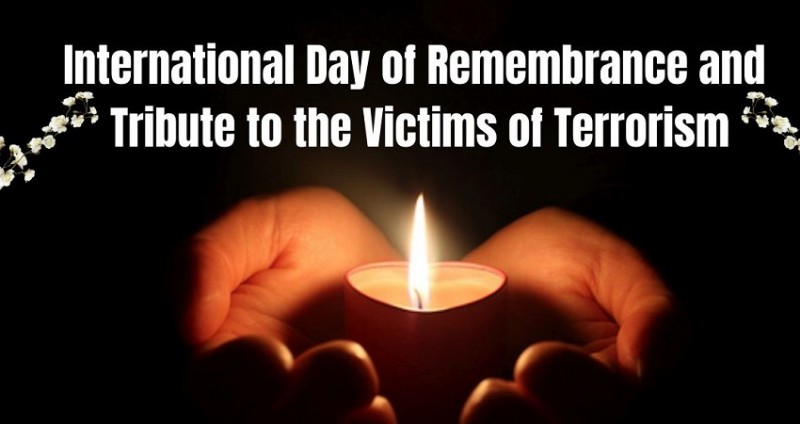
On August 21, the International Day of Remembrance and Tribute to the Victims of Terrorism serves as a solemn occasion to honor and support those who have suffered from the devastating impact of terrorism. Despite widespread international condemnation of terrorist acts, victims and survivors often face significant challenges in having their voices heard and their needs met. The aftermath of terrorism leaves deep scars, not only physically but emotionally and socially, impacting victims' lives long after the immediate crisis fades from public attention.
The Struggles of Terrorism Victims
For many victims of terrorism, the struggle does not end with the immediate aftermath of an attack. While the world may quickly move on, those affected often find themselves grappling with long-term consequences. The initial response to a terrorist attack is typically focused on immediate rescue and relief, but the journey to recovery for survivors is much more complex and enduring.
Victims frequently face a range of challenges, including physical injuries, psychological trauma, social isolation, and financial instability. The profound impacts of terrorism can leave survivors feeling forgotten and neglected, as the media spotlight shifts and public interest wanes. These individuals often require comprehensive and sustained support to navigate their recovery and reintegration into society.
The Need for Comprehensive Support
Addressing the needs of terrorism victims requires more than just short-term aid. Effective recovery and rehabilitation necessitate long-term, multi-dimensional support. This includes:
Physical Support: Medical treatment and rehabilitation to address physical injuries and long-term health issues.
Psychological Support: Mental health services to help victims cope with trauma, anxiety, and other psychological impacts.
Social Support: Assistance in rebuilding social connections and combating isolation.
Financial Support: Economic aid to help victims regain financial stability and independence.
Unfortunately, many Member States lack the resources and capacity to provide this level of support. Consequently, victims often struggle to access the help they need to fully recover and reintegrate into their communities.
The Role of Member States and the United Nations
Member States bear the primary responsibility for supporting victims of terrorism and upholding their rights. However, the United Nations plays a crucial role in complementing these efforts. The UN works to support Member States in implementing the UN Global Counter-Terrorism Strategy, focusing on several key areas:
Solidarity and Support: Standing in solidarity with victims and providing necessary support.
Capacity Building: Offering assistance to enhance the capabilities of Member States and victims' associations in addressing the needs of those affected.
Networking: Establishing networks to connect victims, support organizations, and governmental bodies.
Civil Society Support: Providing support to civil society organizations, particularly those representing victims, to amplify their voices and advocacy efforts.
Rights Protection: Encouraging Member States to promote, protect, and respect the rights of victims of terrorism.
The United Nations also provides technical assistance and capacity-building to better address the needs of victims and support recovery efforts. This collaborative approach aims to ensure that the rights and needs of victims are not overlooked but are met with the respect and attention they deserve.
Looking Ahead
As we observe the International Day of Remembrance and Tribute to the Victims of Terrorism, it is vital to recognize the ongoing challenges faced by those affected by terrorism. This day serves as a reminder of the enduring impacts of terrorism and the collective responsibility to support and uplift victims. Through sustained commitment and collaboration between Member States, international organizations, and civil society, we can work towards a future where every victim of terrorism receives the comprehensive support they need to heal and thrive.